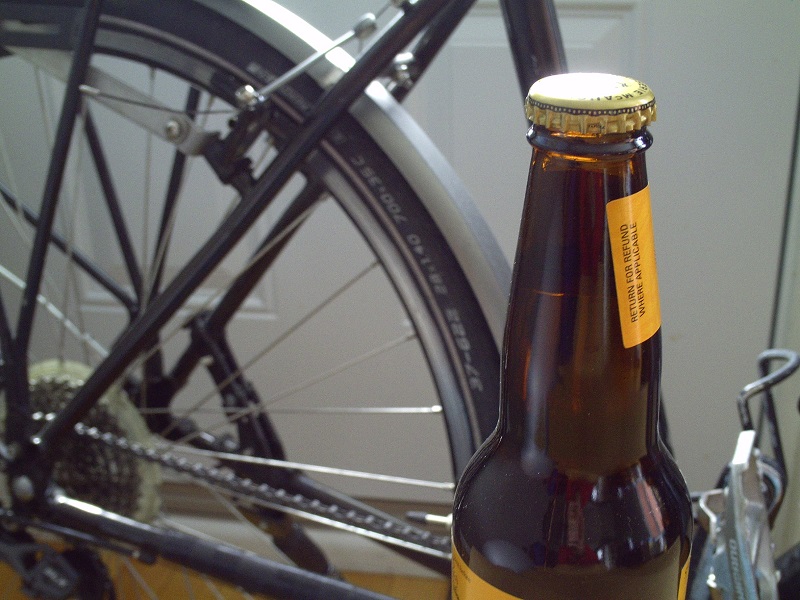«A cold one? I have some in my cooler!» After a climbing day under a blazing sun, I really love a cold cider. Nothing better in summer than a cold alcoholic beverage, around a bonfire, after a day playing outside. THE ultimate refreshment, and so deserved after so much effort! No matter what sport we practice, we are often tempted, after a big day of activity, to uncap one (or two, why not!). As I am part, without shame, of those who do it, I decided to dig the subject a little bit. As it is quite rare to drink alcohol before or during our physical activities, I decided to look into the post-effort effects of our alcoholic beverages. With a better understanding and a couple of tricks, we will certainly be able to avoid some hangovers and headaches…!
As athletes, we are generally concerned about our performance and of our overall fitness. That makes sense, we move to be healthy, to have some fun and to go beyond our limits. Athletes as weekend sportsmen, our objectives are oriented towards improvement. And no matter the desired level, improvement inevitably requires a good recovery after exercise. «With my glass of wine, I relax. So I recover, isn’t it?» Yes, but no. Let me explain: when doing a strenuous activity, such as cycling, we dehydrates and it draws on our glycogen (sugar that is stored in the liver). The liver needs to be in shape to adequately rebuild its reserves and attend to his other metabolic occupations. In the case of an occasional alcohol consumption, studies say it generally has little impact on glycogen synthesis. However, a bigger and more frequent consumption can alter this process. To give an additional helping hand to our liver and allow a more efficient recovery, we should, before uncap any bottle, eat carbohydrate foods such as dates, raisins or carrots for example. Let’s say that, once again, moderation is our best ally!
Same observation about hydration. A low alcohol consumption after a physical activity seems not to harm the rehydration process. I do want to mention that I did not say to replace water with beer! The water first, then beer! We must also pay attention to the quantity because alcohol is a diuretic. Diuretics act on the kidneys to stimulate the production of urine. A person who is already dehydrated after intense cycling and who would consume large quantities of alcohol would therefore need more time to regain its water because alcohol would stimulate his expulsion by the kidneys. Consequences: fatigue, muscle cramps and headaches! A trio that we would gladly avoid at the end of a beautiful day!
In sum, let’s remember that nothing prevents us to enjoy a glass of wine on a terrace to end a day in style. We simply need to do it the smart way! A good glass of water, a good snack and cheers!
 Article by Marjorie Chabot, dietetic technician and outdoor passionate.
Article by Marjorie Chabot, dietetic technician and outdoor passionate.

